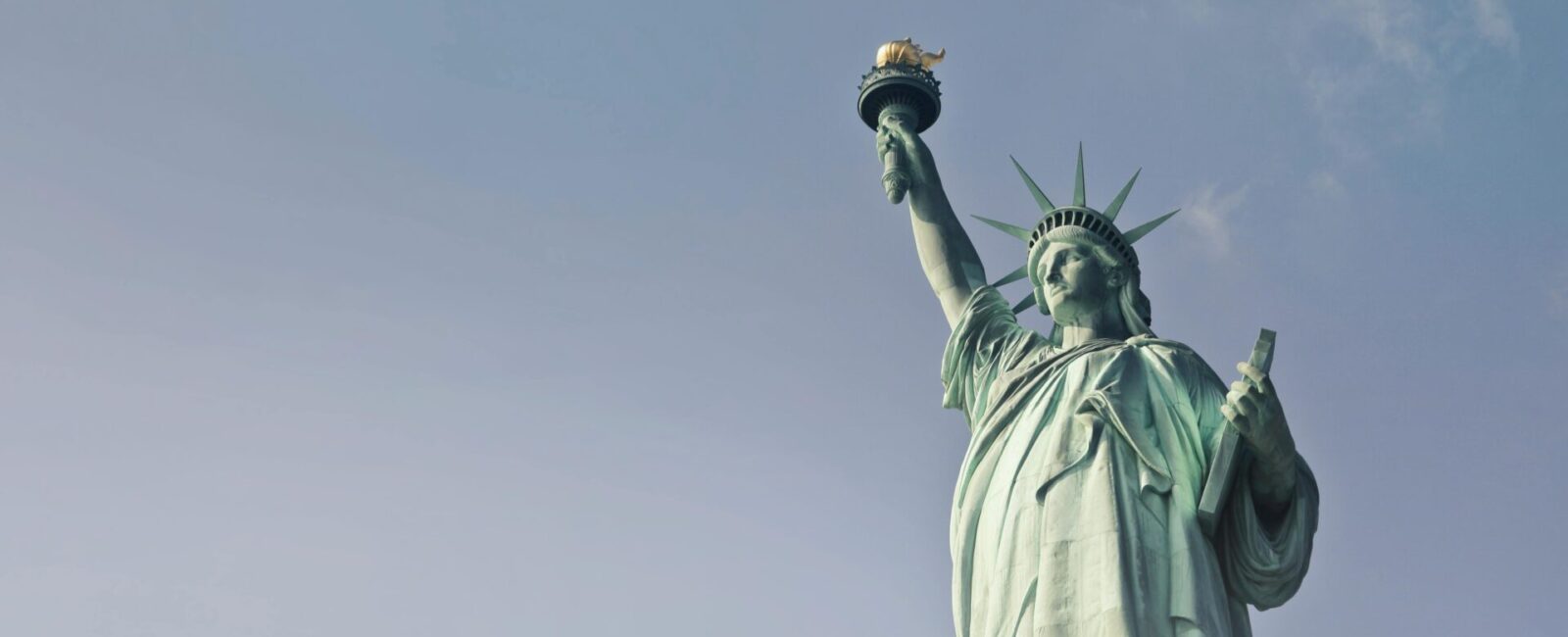As I write the last chapter of my book The Trouble With Freedom, exploring why the USA has taken a turn towards populism, the question I have been asked constantly over the last three years is ‘Why do people vote for Donald Trump?’ Like the Brexit referendum in the UK, it may seem like an act of national self-harm. There are even those who dislike him intently but will still vote for him. So why?
It all comes down to how we feel: safe or unsafe; in control or disaffected; economically secure or precarious. It doesn’t matter that in reality the US economy is doing better. It doesn’t matter that COVID mandates and vaccines saved lives. It doesn’t matter that Trump is himself a member of the hated ‘elite’.
What matters is that many Americans no longer feel safe; no longer feel they know where the cultural borders lie; no longer feel at home; no longer know how to be a good American. Cultural change has been rapid and destabilising. From social clubs to shooting ranges, in living rooms and over dining tables, across the political spectrum, people felt their core values, like freedom, and consequently the ‘soul of America’, are under threat.
Threats come from Big Government, Big Tech, China, immigration, fentanyl, intergenerational change, ‘gender ideology’ and critical race studies, but most often, a nebulous ‘globalism’. The concept of national sovereignty has altered, impacting on the relationship between citizenship and who the state grants freedoms and security to within its borders. Economic and military competition from China erodes America’s sense of exceptionalism. Deindustrialisation and the shift to a digital economy raises uncertain futures. Freedom of mobility allows the appearance of ‘strangers’. A global pandemic highlighted the precarity of what we think of as ‘normal’.
Closer to home, consumer freedom and the promise of an affluent future is disappearing in the face of environmental collapse and successive financial crises. Demographic shifts are transformed into rage at an imagined threadbare border with Mexico. There is anxiety as the distinction between man and woman slips into the freedom to choose a gender and new pronouns, while the #MeToo movement hammered home ongoing gendered inequalities. Legacies of slavery and racism will not lie quietly after the murder of George Floyd. Secular and Christian America argue over the line between freedom of, and freedom from, religion in society and politics.
People talk of feeling ‘lost’ and there is anguish at the thought of being forgotten in the maelstrom of these changes. A democratic deficit and polarised dissent seems unable to find solutions. Social media ratchets up the intensity. The Trump campaign simply hammered home the message: America is no longer ‘free’, no longer safe. In Trump’s words: World War III is coming; you might be murdered in your home by illegal aliens; city streets are racked by violence; homes, schools and workplaces have been disrupted by feminism and critical race theory.
Given the choices on offer, when previous options have been shown to be inadequate, it then becomes a rational decision to vote for a man who says he will put things back in place. People will make moral trade offs. People will understand that Donald Trump has flaws. But over 70 million Americans also think he will make some part of their lives feel better.
Find out more about our work on Youth & Democracy.


